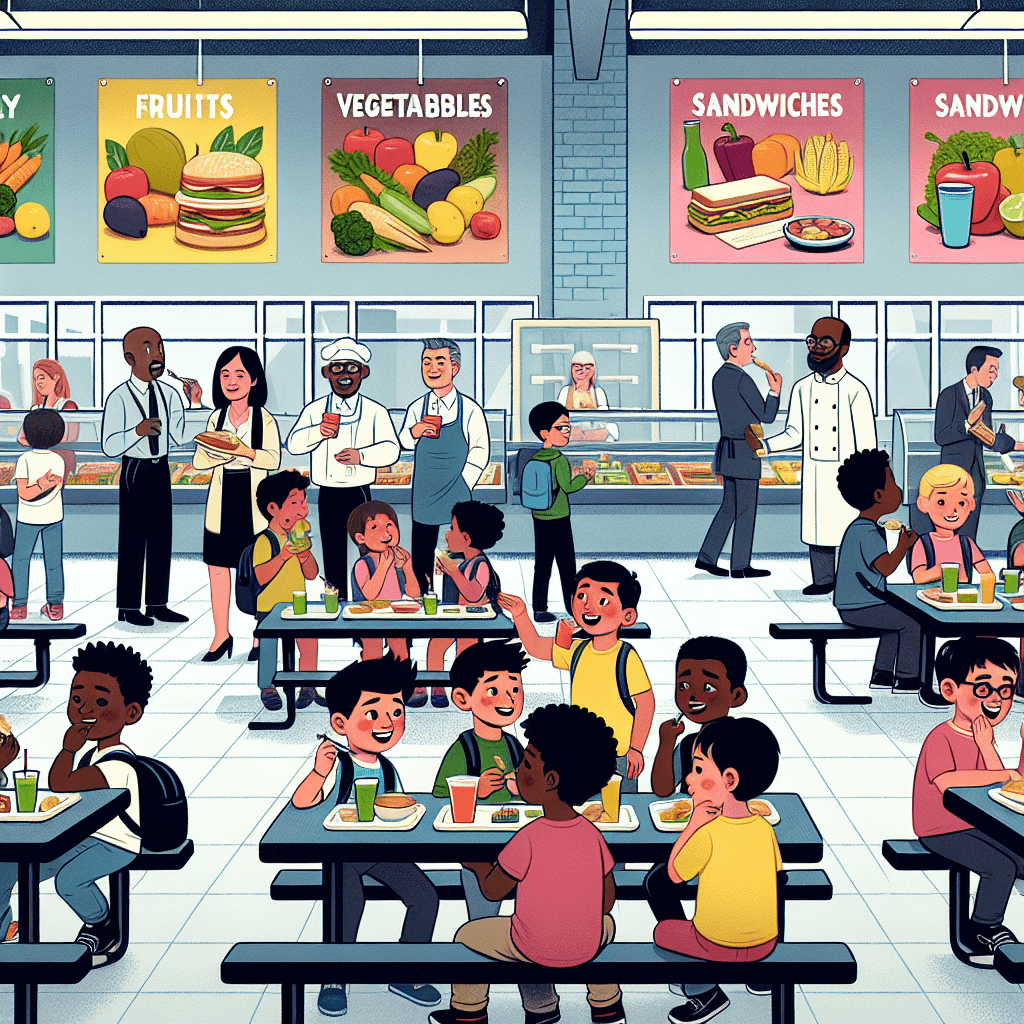Breakfast clubs in schools ‘infiltrated by food industry’Campaigners say the involvement of companies like Kellogg’s and Greggs normalises unhealthy foods for young childrenWednesday December 04 2024, 10.30pm, The TimesCampaigners have urged the government to ban brands that produce sugary and fatty foods from breakfast clubs to curb childhood obesityFree breakfast clubs at schools have been “infiltrated” by companies including Kellogg’s and Greggs that are fuelling childhood obesity, experts have claimed.The Labour government has promised universal free breakfasts at all primary schools in England, with clubs providing children with a meal 30 minutes before school starts. But campaigners and doctors have written to Wes Streeting, the health secretary, demanding that the food industry is banned from involvement in the breakfast clubs.• Dr Chris van Tulleken: ‘We should treat food like we do tobacco’They also urged ministers to extend a junk food advertising ban announced this week, which applies to sugary breakfast cereals and porridge, to all settings in schools and nurseries.AdvertisementAn investigation by the British Medical Journal found that food companies have had “widespread influence” in schools and nurseries for more than two decades. Critics say this “normalises” unhealthy products such as sugary cereals and cakes, which are making children obese, and is similar to tactics used by the tobacco and alcohol industries.Since 1998, Kellogg’s has donated £5.7 million to schools through a partnership with the Magic Breakfast charity, offering free bowls of Cornflakes and Rice Krispies. Labour said it would expand free breakfast clubs to all schools in the UKCHRISTOPHER FURLONG/GETTY IMAGESMeanwhile, the Greggs Foundation — a charitable arm of the high street bakery — now has 898 breakfast clubs supporting 62,000 children a day, and provides bread from its bakeries.The BMJ said that companies including Coca-Cola, Nestlé and and McDonald’s have also influenced education because they sponsor a programme by the British Nutrition Foundation, which provides “healthy eating facts” and recipes for schoolchildren and teachers.AdvertisementRob Percival, head of food policy at the Soil Association, argued that “an organisation sponsored by McDonald’s, Mars and Nestlé shouldn’t be within 100 miles of children’s food education”.Greg Fell, president of the Association of Directors of Public Health, said: “There is a wealth of evidence to suggest that by being involved in school programmes, harmful products are normalised. The evidence about the risks of harm is also often distorted and instead, blame is shifted to individual choice and personal responsibility.” The latest NHS data shows one in ten five-year-olds and more than one in five 11-year-olds are obese. Childhood obesity is nearly twice as high in poor areas than in wealthy areas of the country. Free breakfast clubs in primary schools was a key

